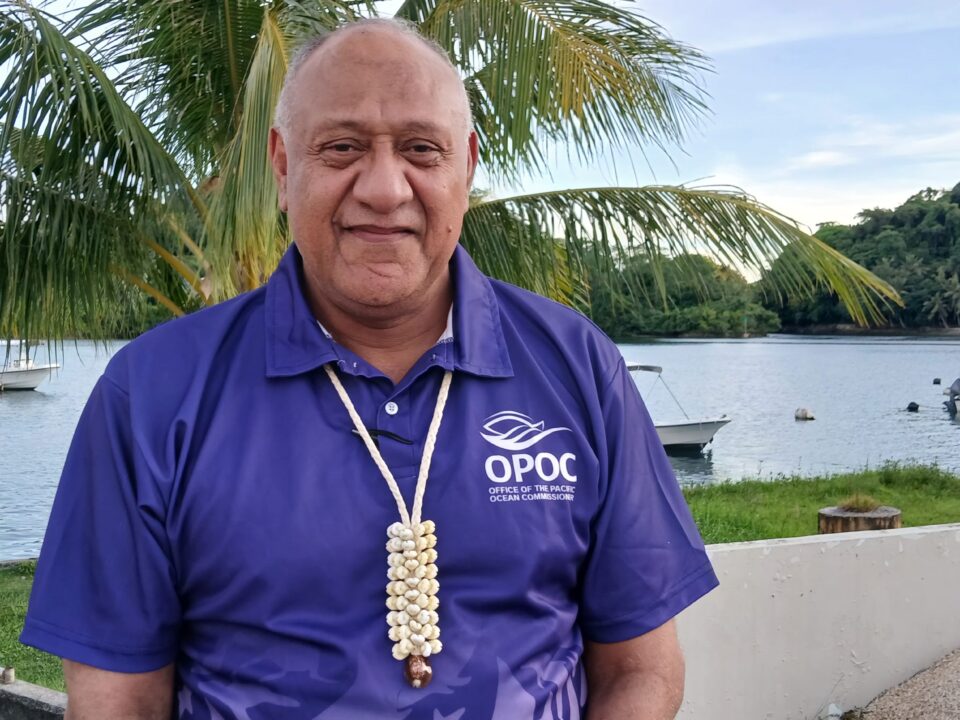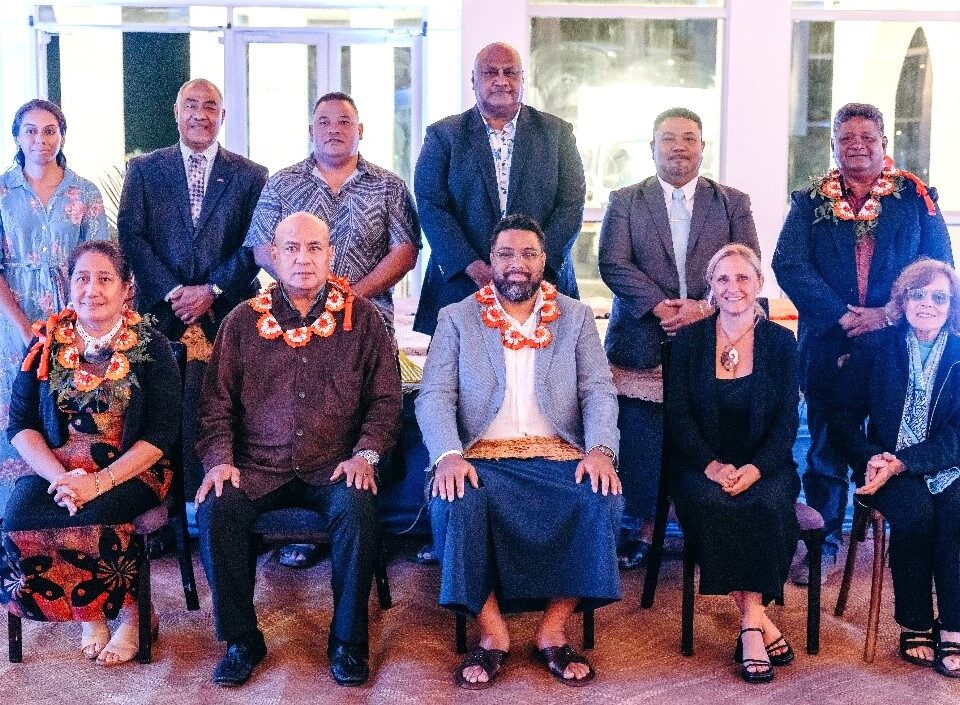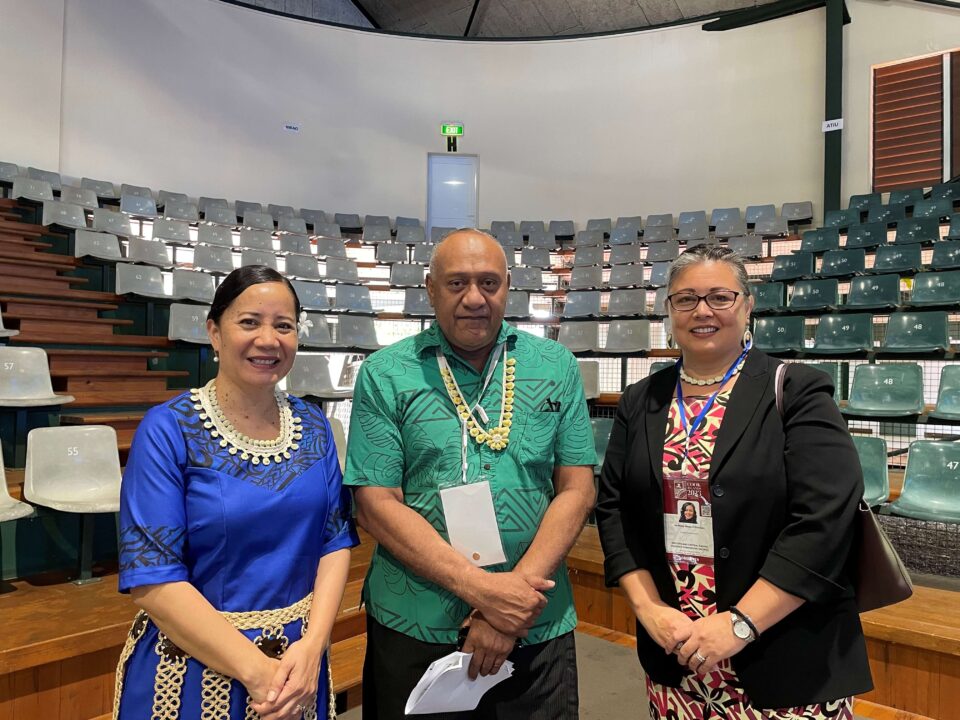
State Parties negotiating the new High Seas treaty in New York are being urged to address current gaps in the negotiations and focus on ‘landing zones and bridging areas’ rather than previously articulated positions.
Palau’s Permanent Representative to the United Nations, Ambassador Olai Uludong is the facilitator of the informal working group on capacity building and marine technology transfer – one of the four informal negotiating sessions at the third marine biodiversity beyond national jurisdiction (BBNJ) this week.
Ambassador Uludong told PACNEWS, negotiators will need to talk to each other to find common position to advance the debate on the draft text of the new high seas treaty, that’s likely to come into force next year.
“You find landing zones if you talk to each other. You find the landing zone if you understand each other. You don’t find a landing zone by sitting in a room when cameras are on. That’s why I emphasised in the working group informal session that countries are talking in the room but they need to talk to each other.
“If you follow the previous Intergovernmental conferences (IGCs), most of the countries have maintained the same position. It’s now the third IGC and we need to start finding those common ground, said Ambassador Uludong.
While countries and negotiating blocs deliver their positions through statements at the informal sessions, they also need to be ‘working the corridors’ and talking to each other, said the Palaun top diplomat the UN.
“If you know that country A has a different position to country B, and you have your position, you need to go and talk to them and see where you are willing to work together. I always emphasise that talking to each other is better. On an important issue like traditional knowledge for Pacific Small Island Developing States (PSIDS), we need to talk to other Parties and not assume that everyone understands our position from the Pacific.
“For the Pacific I know traditional knowledge is a very important position that needs to be maintained. It’s also important for the Pacific as a sub-regional group of the Alliance of Small Island States (AOSIS) to push for special category as small island developing states and they must ensure that is kept intact because it does affect the Pacific. It’s also very important for the Pacific to be involved and have a strong position on capacity building and marine technology transfer, said Ambassador Uludong.
As negotiations reach mid-week, she reminded negotiators to be mindful of the outcome of the global climate change negotiations that led to the Paris Agreement.
“We should draw lessons from the climate treaty. You can have consensus agreement but if the countries themselves don’t know how to implement it, then we are liable for allowing the big boys in the room to control how the treaty is to be implemented, said Ambassador Uludong.
On Marine Genetic Resources, she said PSIDS need to take a strong position, particularly on benefit sharing.
“It is important that the Pacific come out strongly with their position on marine genetic resources and benefit sharing because a lot of the marine resources are within our Pacific territories. It’s very important to know who owns those resources and how that sharing of the benefit will play out.
Ambassador Uludong is optimistic that negotiations will find common ground in time for the fourth and final IGC next year.
“I am optimistic. I was optimistic for the climate change agreement. No challenge comes without a solution. I look at it as not only a challenge but I am optimistic that together we will find a solution and that always happens here at the UN, said Ambassador Uludong.
Ambassador Uludong is the only Pacific facilitator of one of the four informal working groups, leading discussions on capacity building and marine technology transfer.
The third intergovernmental conference ends on Friday.
PACNEWS coverage of the BBNJ IGC 3 in New York is made possible with funding support from the New Zealand Government through the Office of the Pacific Ocean Commissioner (OPOC).
Published: PACNEWS



